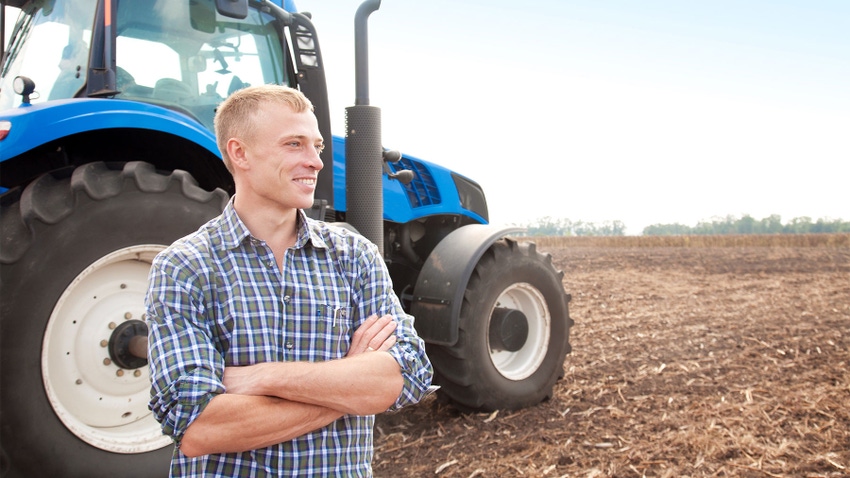September 25, 2023

by Wesley Tucker
Farmers often ask when farm succession planning should begin, but what they should ask is, “When should we start moving assets from one generation to the next?”
Finding the right time to transition the farm is a dilemma many farm families face. Should they wait until the death of both parents to move assets through the estate, or should they start transitioning assets before they die?
Don’t hoard your assets
Many farmers have a tool bucket, a catchall where they store the most important tools. It’s used every day, in one place. For some, they use the same system when it comes to succession planning.
Most farmers hold on to everything they own until the time of their death. Mom and Dad keep everything they own in their bucket — land, livestock, machinery, etc. It stays there until the day they die. Then the bucket is turned upside down, and everything spills out to the heirs.
Under current tax law, it’s difficult to argue with this logic. After all, heirs receive a stepped-up basis to the fair market value on the date of death. If the heirs choose to sell the assets, there’s income tax savings.
However, if the next generation is helping you build this wealth by working on the farm, there’s significant risk to them while waiting for the bucket to be dumped all at once. For instance, what if something unexpected happens and the assets they helped build don’t flow to them as planned?
Problem with promises
I speak at a lot of beginning farmer conferences across the country each year. One question I always ask young producers is, “Are they certain they are building their own and not someone else’s future?”
Unfortunately, I hear horror stories where young farmers spent years helping build the family farm, but something went terribly wrong with the “this can all be yours someday” plan.
Relying on verbal promises such as this is extremely dangerous for the next generation because there are many things that could go wrong:
Mom or Dad could develop expensive medical issues.
Parents could require a nursing home.
Unforeseen financial problems arise.
One parent dies and the other remarries.
A rewrite of the will splits the farm between all siblings.
A rewrite of the will divides the farm with a stepmom’s kids.
What guarantees do you have you will be rewarded for the past 30 years of effort?
Find options for transitioning now
Consider letting your heirs buy or earn small chunks of the assets in your bucket as soon as possible.
Develop a plan for transitioning some of the assets over time, rather than dumping it out all at once. While we may be giving up some stepped-up basis on a few assets, there are tax strategies to help minimize the tax consequences.
I realize it’s a struggle for young producers to buy assets early in life. As I’ve said before, farming is a poor cash generator, but a good wealth accumulator.
Parents, if we can’t adequately compensate our kids for what they are really contributing to the business, get creative and let them earn some of the asset appreciation or buy in at a discounted rate. Separate entity structures may be required for this to work well.
Young producers, don’t rely on promises. You need to know whose future you are building. Don’t find out too late that you were building the future of your siblings, your future stepmom, the nursing home or anyone else. Line out your future with the farm in writing.
Families, sit down today and have those difficult conversations so you can develop a plan. Good luck.
Tucker is a University of Missouri Extension ag business specialist and succession planner. He can be reached at [email protected] or 417-326-4916.
You May Also Like




